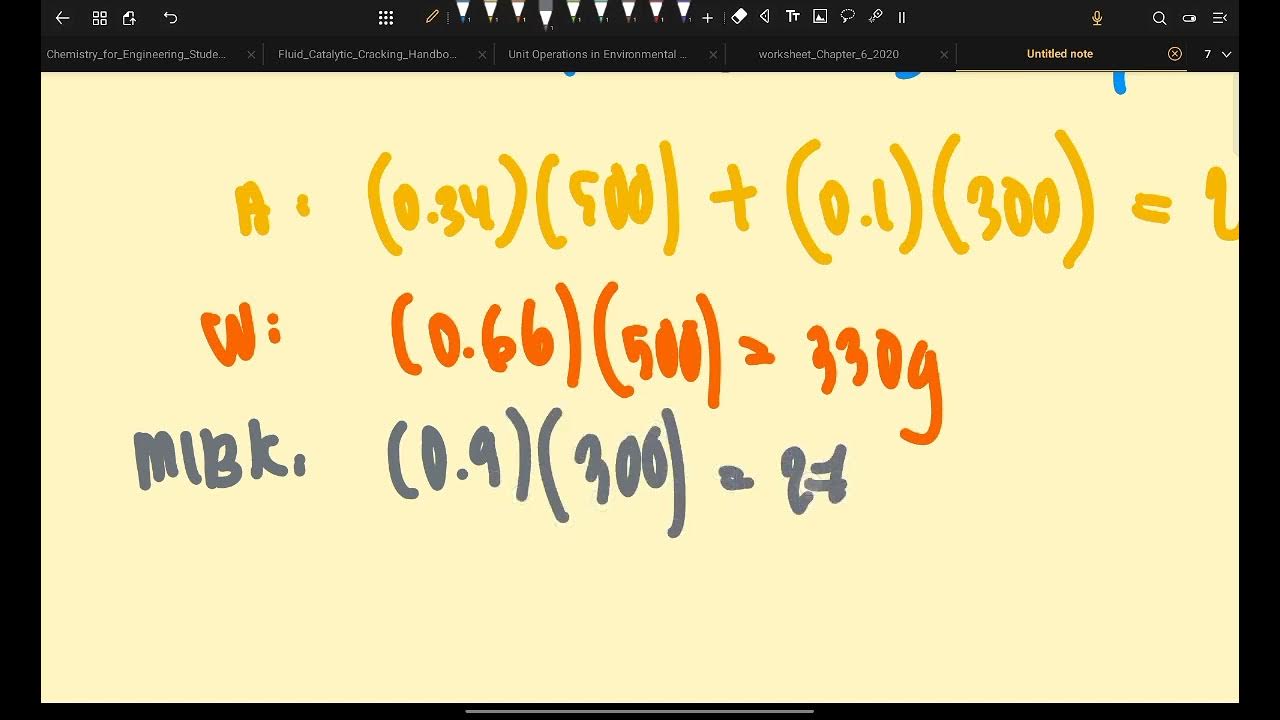Answered: 3. the large dot on the left axis of… Diagram phase water acetone triangular curve ethanol toluene system example tumblr lab 1. draw a diagram showing how acetone attracts a wate…
Problem Acetone will be removed from water using | Chegg.com
Answered: 1) a mixture of 62 wt% water, 28%…
Water acetone liquid extractor acid acetic diagram remove try used ternary aceton transcribed text show
Interactive triangular liquid-liquid phase equilibria (water-acetoneSolved: liquid-liquid extraction (lle): acetone-water-mibk system an A mixture of 40 wt% water, 21% acetone, and theTernary diagram for lle of {water (1) + acetic acid (2) +....
Solved 1. the phase diagram below shows the ternary systemFigure 1 from liquid-liquid equilibria for ternary mixtures of (water 3, (40 pts) five kilograms of a 30 wt% acetone-70%I love charts.

Solved problem 6.101 ternary phase diagram a mixture of 20
Ternary acetic lle dichloromethane plait solubility curve solvent estimated calculated nrtlProblem 1 graph mibk-acetone-water ternary phase Phase diagram of the ternary mixture-pvdf-hfp, acetone, andSolved: a system containing equal parts by mass of water, acetone, and.
[diagram] drawing tie lines ternary phase diagramAcetone distillation explain Ternary diagram for water-phenol-isopropyl acetate system lle atFigure 2 from liquid-liquid equilibria for ternary mixtures of (water.

Problem 6.101 ternary phase diagram a mixture of 40
Acetone (a) is to be extracted from water (b) usingSolved the ternary diagram of acetone (a) Water mass acetone system solved chegg phase diagram equilibrium isobutyl methyl ketone equal ternary containing parts transcribed problem text beenExplain with diagram to separate mixture of acetone and water..
Solved a system containing equal parts by mass of water,You have designed a system for the removal/recovery Problem acetone will be removed from water usingAcetone, mek and mibk accuracy and precision results..

Solved problem \#2 (15+5+5=25pts) use ternary diagram on
Water mik acetone diagram ternary solved phase wt-ternary phase diagrams, (a): acetone+water+mipk; (b): water+mipk+dipk Solved: the phase diagram for acetone (a) water (w)Solved referring to the ternary diagram in the lecture notes.
Ethanol water acetone ternary diagramTernary acetone mixture answered hasn mibk Phase problem mixture transcribed text showNote: use the ternary phase diagram below to answer questions 2 and 3.








